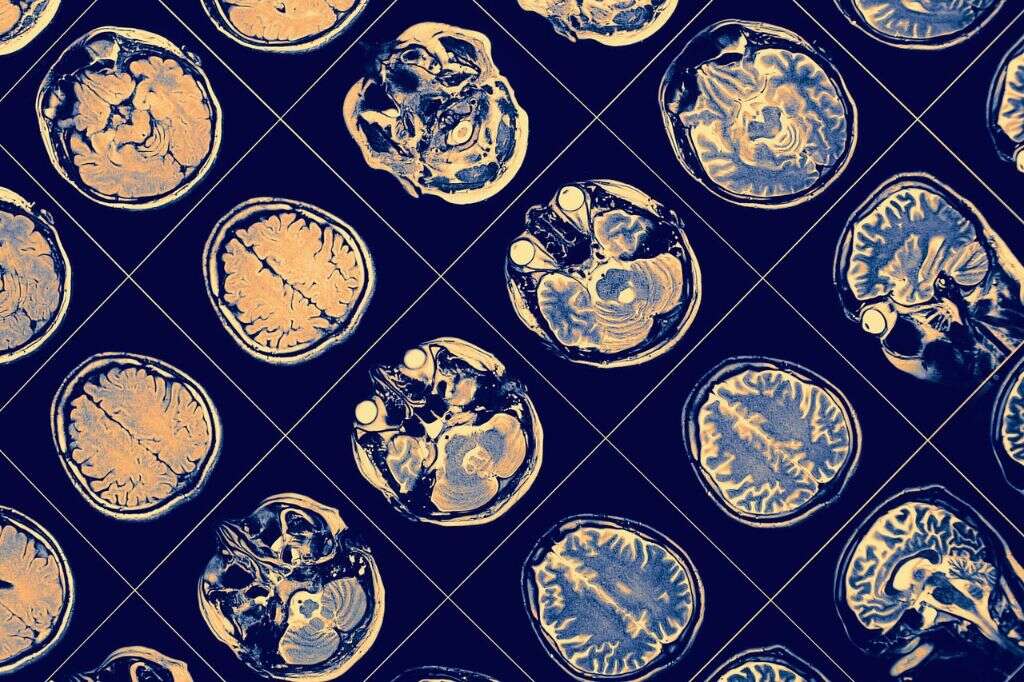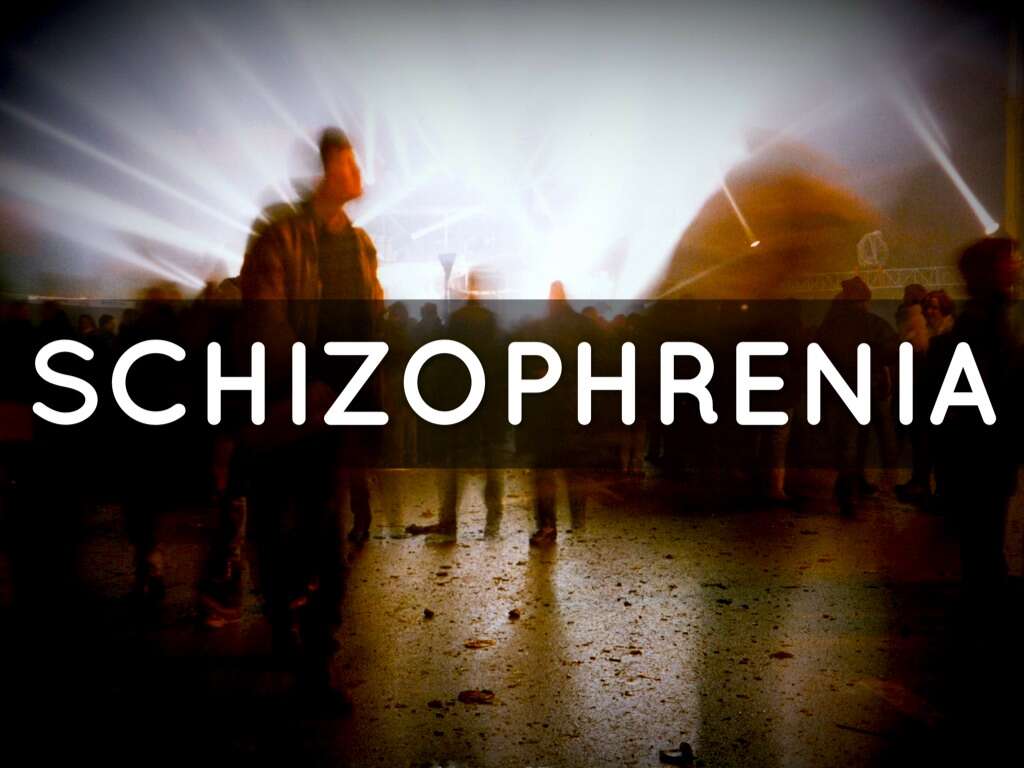What Is Schizophrenia?
Schizophrenia is a chronic psychiatric condition wherein the afflicted individual experiences a distorted version of reality. When left untreated, this condition can make it impossible for a person to fully integrate in social or professional settings. In some cases, schizophrenic episodes can cause a person to be a harm to others or him- or herself. Since there are several distinct types of schizophrenia, seeking treatment from a licensed professional is the only way to understand what form of treatment is best.
Though a very rare disorder, impacting less than 1% of people around the world, there are many misconceptions about schizophrenia. Incorrect media portrayals and underfunded studies led to many conflating the disorder with dissociative identity disorder, previously referred to as multiple personality disorder. Taking a closer look at the condition makes it much easier to identify and treat.

1. Common Symptoms of Schizophrenia
Perhaps one of the most common misconceptions surrounding schizophrenia is the idea that it is similar to or the same as split-personality disorders. Though the name itself loosely means “split mind,” the misconception is largely due to the way the symptoms of schizophrenia are categorized. Those afflicted with this disorder are likely to experience two sets of symptoms that are labeled as either “positive” or “negative.” Identifying both the positive and negative responses in a schizophrenic individual can help illuminate the specific type of the condition a person is living with as well as possible treatments.
Common positive symptoms include disorganized behaviors, hallucinations, and delusions. Negative symptoms exhibited will include extremely restricted speech and limited emotional expression. Some of these symptoms can be caused by other psychiatric conditions and visiting a professional is advised once any begin to persist.

2. Paranoid Schizophrenia
The form of this disorder most people are familiar with is paranoid schizophrenia. One of the key symptoms of paranoid schizophrenia is auditory hallucinations. In many cases, this causes the afflicted to hear “voices” in his or her head. While a strong indicator of schizophrenia, auditory hallucinations are only one of several symptoms. Additionally, a person with this condition might have paranoid delusions about the world at large. A person may feel as if he or she is being followed, unjustly persecuted, or coveted by either invisible enemies or real individuals the person knows.
In some cases, the delusions of a paranoid schizophrenic may only produce a consistent feeling of anxiety. However, there are a number of cases where the individual may take action on these paranoid delusions and exhibit violent behavior toward the self or others.

3. Disorganized Schizophrenia
Another common form of this disorder is disorganized schizophrenia. The biggest indicator of this affliction is a person’s inability to organize his or her speech or behaviors. One of the easiest ways to spot this symptom is when an individual is rambling on and on about unclear and unrelated topics or talking in circles. A person with disorganized schizophrenia is also likely to have trouble with basic daily tasks like taking a shower, making breakfast, and putting on clothing. Disorganized schizophrenia can also cause a person to have peculiar emotional reactions.
A person with disorganized schizophrenia might have emotions that don’t match a specific social setting. An inability to be silent or reserved in a quiet environment like a church or library is one way this can manifest.

4. Catatonic Schizophrenia
While paranoid and disorganized schizophrenia are conditions where individuals exhibit wild or erratic behaviors, catatonic schizophrenia is slightly different in nature. A person afflicted with this condition is likely to be unresponsive to the world at large. Someone who has catatonic schizophrenia might remain immobile for days at a time then suddenly burst into a series of exaggerated movements before returning to a state of stupor. The person may also hold an unusual posture for long periods of time. Mutism is often connected with catatonic schizophrenia, though not all individuals with this disorder will exhibit this symptom.
Some people with catatonic schizophrenia will copy the actions or words of others in their vicinity. Though largely defined by being unresponsive, a person with this condition might also have extended periods of willful behaviors or excitability.

5. Other Classifications of Schizophrenia
While the three major classifications of this disorder are the most accepted, there are some cases that do not fully match the existing types of schizophrenia. For most people with this condition, episodes recur throughout a lifetime. Still, this is not always the case. Residual schizophrenia is a condition where a person at one point exhibited the traits of one or more classifications of the disorder but no longer shows any major signs. Those with residual schizophrenia might still experience minor symptoms such as disorganized speech or distorted thoughts on various topics.
When an individual shows a mix of the symptoms of catatonic, paranoid, and disorganized schizophrenia, it is considered undifferentiated schizophrenia. Typically, treatment for undifferentiated schizophrenia is more complicated and involved.

6. Causes of Schizophrenia
As with a number of chronic psychiatric conditions, the exact cause of schizophrenia is largely a mystery. Still, scientists and researchers have been able to identify a few indications of how a person develops the affliction. For the most part, family history and genetics play the biggest part in the equation. Additionally, disruptions during development in the womb might be linked to later psychiatric conditions. Studies conducted in the last few years suggests that those with schizophrenia have certain chemical abnormalities in the brain that might be connected to a number of common schizophrenic symptoms.
Those with inflammatory or autoimmune diseases might also be at risk for schizophrenia, though the exact connection has not been clearly defined. Interestingly, someone without a family history or predisposition can still develop schizophrenia in high-stress environments, such as college.

7. Testing for Schizophrenia
It can be tricky to test for psychiatric conditions. For the most part, there is no specific test a doctor can use to determine if an individual has schizophrenia. Still, a process of elimination can be used to make the assessment. A psychiatrist or psychologist can conduct a computed tomography scan on a patient in order to rule out a number of other conditions of the brain. To be diagnosed as a schizophrenic, a doctor must base his or her assessment on the information provided by the afflicted individual, family members, or caregivers.
Outside of word-of-mouth data, a doctor will also take several other factors into consideration. Family history is a big indicator of schizophrenia, as is medical history, developmental background, and the length at which certain symptoms have persisted.

8. Common Treatments for Schizophrenia
Treatment for schizophrenia is a lifelong process. Unfortunately, success rates of many treatments are mixed due to the willingness of patients. Those suffering from paranoid schizophrenia, for example, might refuse treatment or believe that helpful family members or doctors are working against them. When a person is not willing to go through treatment, it becomes a lot more difficult to manage the disorder and can cause the symptoms to worsen over time. Still, those who commit to treatment have been able to achieve great things and many can integrate into society.
For many, the treatment of schizophrenia involves a mix of medications, therapy sessions, and holistic approaches like taking vitamins and managing a healthy diet. Working with a doctor is the best way to discover the most useful treatment path.

9. Schizophrenia or Psychosis?
While schizophrenia is a rare condition, it is often confused with the temporary condition of psychosis. When a person is in a psychotic state, he or she might hear voices, have disorganized speech patterns, and exhibit unresponsive behaviors. Psychosis is often classified as a “break from reality.” It can be an indication of one of a number of psychiatric conditions, including schizophrenia. However, a person who does not have any specific psychiatric conditions might also have a psychotic episode when he or she is placed in conditions that produce a lot of stress.
Though the cause might vary, a bout with psychosis is not something to ignore. Seeking answers from a psychologist or psychiatrist can pinpoint the exact cause of the episode and provide solutions for how to move forward.

10. Adjusting to Life With Schizophrenia
Those living with schizophrenia can often feel discouraged about the future because there is no cure for the condition. Still, a number of impressive advancements have been made over the last few years in regard to medication. Rehabilitation programs have also shown exciting results, helping those living with this affliction find work, make friends, and live normal lives. The key to adjusting to life with schizophrenia is accepting the condition and taking active steps toward treatment. Only those who actually want the help will be able to benefit from the treatment process.
While genetics and biology are the strongest indications why a person may develop schizophrenia, it tends to be more common in men and usually appears in late adolescence or the early 20s. The disorder is thought to be somewhat rare, but it is also labeled as one of the most difficult mental afflictions to live with and statistics state that half of the people with schizophrenia have not undergone adequate treatment. Seeking help from mental health professionals to identify the issue is the first step toward living a full and happy life that isn’t defined by this chronic condition.












